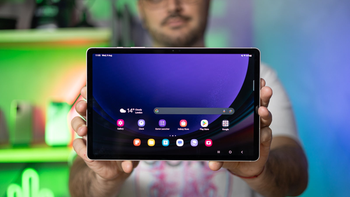Android Messages will try to protect you from spam messages but at what cost?

Following the call screening feature Google introduced to Pixel 3 phones earlier this year, similar functionality is now being implemented in Android Messages in the form of a new spam protection filter.
There is no official announcement from Google as yet, meaning that like most new features the company rolls out, it is a server-side change that is going to gradually go live for users, depending on device and geographical location. The spam filter was first spotted by Android Police and is located in the Android Messages Settings menu. It is accessible by tapping the overflow menu, and selecting Settings > Advanced; there's a new option called "Spam protection."
That's neat and all, but the questions on everyone's mind are, "how does it work" and "how much personal data gets sent to Google?" Well, Google's Support website has a page that briefly goes over how spam protection works in Messages. In short, when you enable the option, some information is sent to Google (no surprises here), though it doesn't contain any personal information that can be used to identify you, nor the actual contents of the message itself. The actual innerworkings of the automated system are still shrouded in mystery, but it likely taps into a database that helps it detect patterns and similarities between spam messages, which it then uses to determine if what you're getting is, indeed, an unwanted text.
Of course, you can also submit a manual spam report, which prompts the app to send the entire message to Google, including your and the sender's phone numbers.












Things that are NOT allowed: